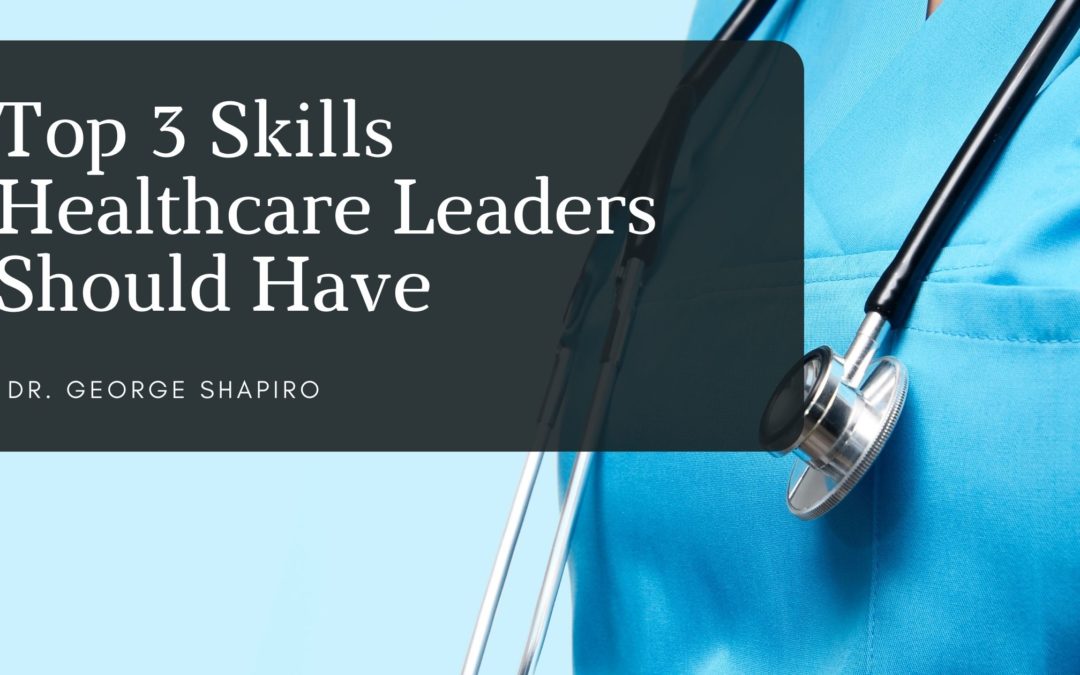Leaders in the US healthcare industry make critical decisions that affect the quality of care for individuals in the country. They help organizations improve their performance and develop strategies to meet the needs of their patients. These professionals may also oversee multiple business units
These professionals have the necessary skills to guide groups and individuals through challenging situations. They also recognize the importance of technological innovation in improving the quality of care. Through professional resources, leaders can build networks with other healthcare professionals and improve the quality of care for their patients.
- Emotional Intelligence
Having these kinds of leaders can help them manage the various concerns of their employees and patients. Through their ability to recognize and interpret the emotional cues of their patients and staff members, healthcare professionals can then make informed decisions and improve the quality of care. One of the most important factors that healthcare leaders consider when assessing their patients’ emotional needs is the context in which they speak.
Being able to understand the emotional needs of patients is very important for healthcare leaders. They must develop a deep understanding of their fellow individuals to make informed decisions. A genuine interest in their fellow patients allows them to identify what they are saying quickly. Close professional relationships can also help them identify the factors influencing their staff members’ behaviors.
- Tech-Savvy
Recognizing the importance of technology in improving the operations of healthcare organizations is very important for healthcare leaders. They are constantly looking for new ways to improve the quality of care and its functions. Through their extensive knowledge of the latest technological developments, they can identify the areas where they can make improvements.
Health care leaders who are tech-savvy can recognize the importance of information sharing and technological innovations in improving the operations of their organizations. They can implement these tools and enhance the quality of their care by making informed decisions.
They can purchase various technology tools and equipment such as tablets and other electronic devices to enhance the productivity of their staff members. They are also able to create online portals for their patients. Having long-term plans to improve their organizations’ technological capabilities is also vital for healthcare leaders.
They are always looking for new ways to improve their organizations’ operations while keeping track of the latest developments in caregiving. Through their interactions with medical technology providers, healthcare leaders can identify areas where they can make improvements.
- Quick Adapting & Decision Making
Health care leaders can make effective decisions by analyzing complex issues and facts. They then use their analytical skills to identify the factors that affect the situation. They then prioritize the tasks and resolve the problems in the most efficient manner possible.
Through this process, health care leaders can identify the various challenges that affect their organizations. They then use this data to determine how they should resolve the issues. This method allows them to make informed decisions and improve the efficiency of their operations.
They then use this data to develop effective strategies and solutions. As they encounter further issues, they try to identify the best alternative to address them. Regardless of the situation’s complexity, leaders can quickly summarize the concepts in terms that others can easily understand.

